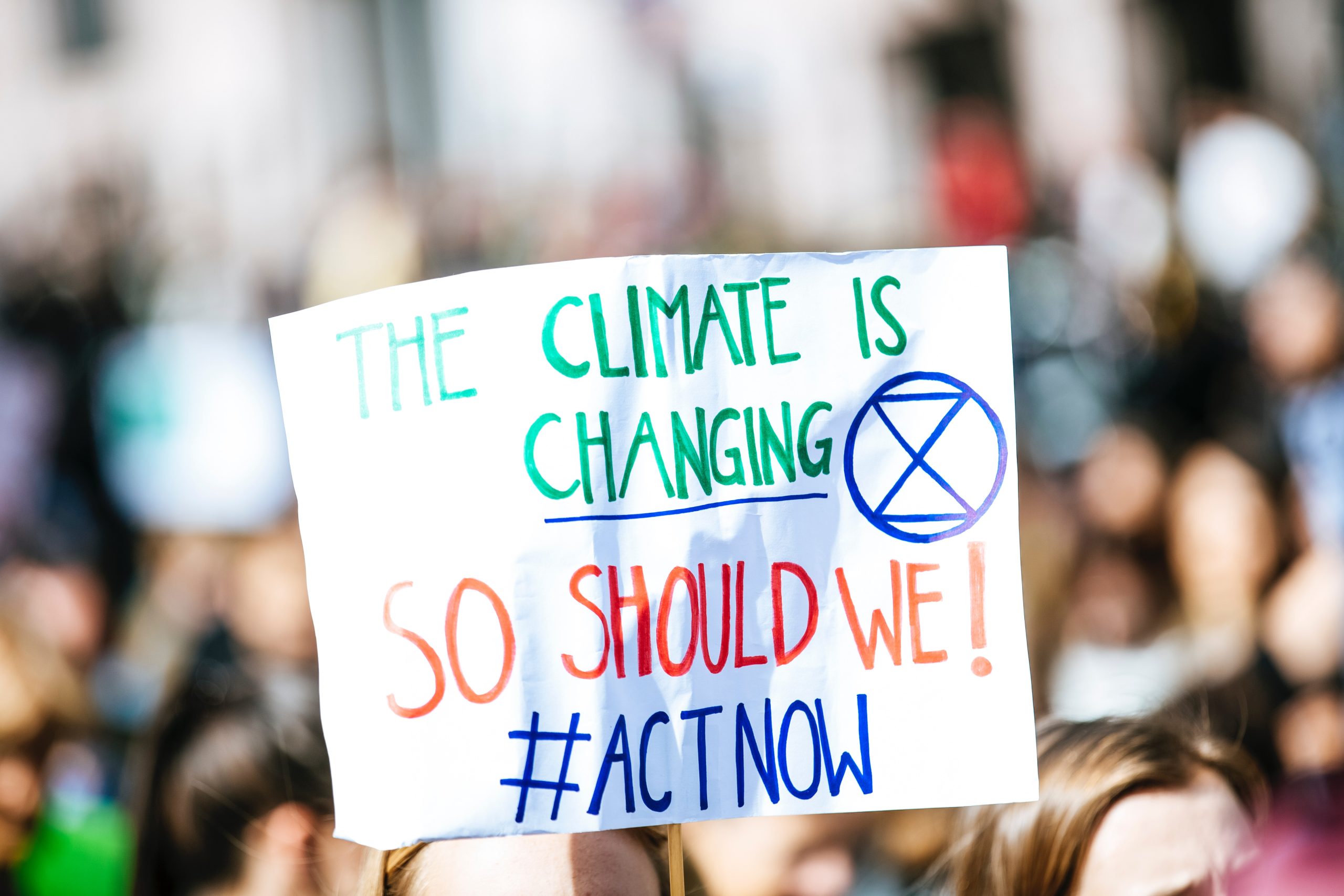As winter rolls around, many Europeans brace themselves for the inevitable rise in gas prices. However, this year’s mild winter may bring some relief to consumers’ wallets. But what exactly does a mild winter mean for European gas prices? Join us as we explore the impact of weather patterns on energy markets and how it affects your daily life. From cozy homes to long commutes, find out why you should care about the price at the pump and what steps you can take to minimize its impact on your budget. Let’s dive in!
The Effect of Mild Winter on European Gas Prices
As the winter season approaches, European gas prices are on the rise. This is due to a variety of factors, including the increased demand for heating during the colder months and the political tensions between Russia and Ukraine.
However, this year’s winter is expected to be milder than usual, which could lead to a decrease in gas prices. This would be good news for consumers, as they would save money on their energy bills.
There are several reasons why a mild winter could lead to lower gas prices. First, if there is less demand for heating, then gas companies will not need to produce as much gas. This will lead to a surplus of gas, which could drive prices down. Additionally, if Russia and Ukraine resolve their differences, then there would be no need for Europe to import gas from Russia at higher prices.
While a mild winter may lead to lower gas prices in Europe, it is important to remember that weather patterns can be unpredictable. So, even though this winter is expected to be milder than normal, there is still a chance that temperatures could drop suddenly and create higher demand for gas.
What this Means for Consumers
As the winter season approaches, many consumers are wondering how the mild weather will impact gas prices. In Europe, gas prices are already on the rise due to increased demand from power plants. This is likely to continue throughout the winter, as power plants switch from coal to natural gas to meet peak demand. This could lead to higher prices for consumers across Europe.
What does this mean for consumers? Well, first of all, it’s important to remember that weather is unpredictable and that forecasters can’t always get it right. So while the current forecast may be for a milder than average winter, that could change in the coming weeks and months.
That said, if prices do go up as a result of increased demand from power plants, there are a few things consumers can do to minimize the impact on their budgets. First, try to use less energy at home by turning off lights when you leave a room and keeping your thermostat at a reasonable temperature. Second, shop around for the best deals on energy suppliers. And finally, consider switching to a fixed-rate energy plan so you don’t have to worry about fluctuating prices throughout the winter.
Who is most Affected?
As the weather gets colder in Europe, demand for natural gas increases as people use it to heat their homes and businesses. This puts upward pressure on prices, which are already high due to a number of factors including production cuts in Russia and Norway.
The impacts of these higher prices are felt most by those who use natural gas to heat their homes or run their businesses. This includes many households and small businesses across Europe. Some larger businesses and industries that use natural gas may be able to pass on some of the increased costs to consumers through higher prices for goods and services, but ultimately it is individual consumers who will feel the brunt of the impact.
There are a few things that consumers can do to help offset the impacts of high gas prices. One is to make sure that their homes are well insulated so that they don’t need to use as much gas to keep warm. Another is to look into alternative heating sources such as wood-burning stoves or electric heaters. Finally, consumers can try to conserve energy in other ways so that they don’t need to use as much gas overall.
What Can be Done to mitigate the impact?
As the weather gets colder in Europe, household gas prices are on the rise. The average price of natural gas in the United Kingdom has increased by more than 10% since last winter, and is expected to continue to rise in the coming months. This is largely due to the mild winter we had last year, which led to less demand for natural gas.
There are a few things that can be done to mitigate the impact of rising gas prices on European consumers. One is to switch to a cheaper energy source, such as electricity. Another is to insulate your home so that you use less heat, and therefore use less gas. Finally, you can try to find a gas supplier that offers a fixed-price contract, so that you know how much you will pay for gas each month regardless of changes in the market price.
Conclusion
The mild winter weather has had a considerable impact on European gas prices, and it will continue to have an effect in the coming months. While consumers may benefit from lower prices at the pump, they should also be aware that current price levels are not sustainable long-term and be prepared for higher costs in the future. In addition, energy companies must take steps to ensure that they remain competitive by investing in new technologies, diversifying their sources of supply, and improving efficiency. All these measures can help keep energy affordable for all Europeans while reducing our reliance on fossil fuels.










